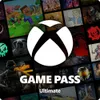Xbox Game Pass vs. PlayStation Plus: Which game subscription service is better?
Which is the better game subscription service?
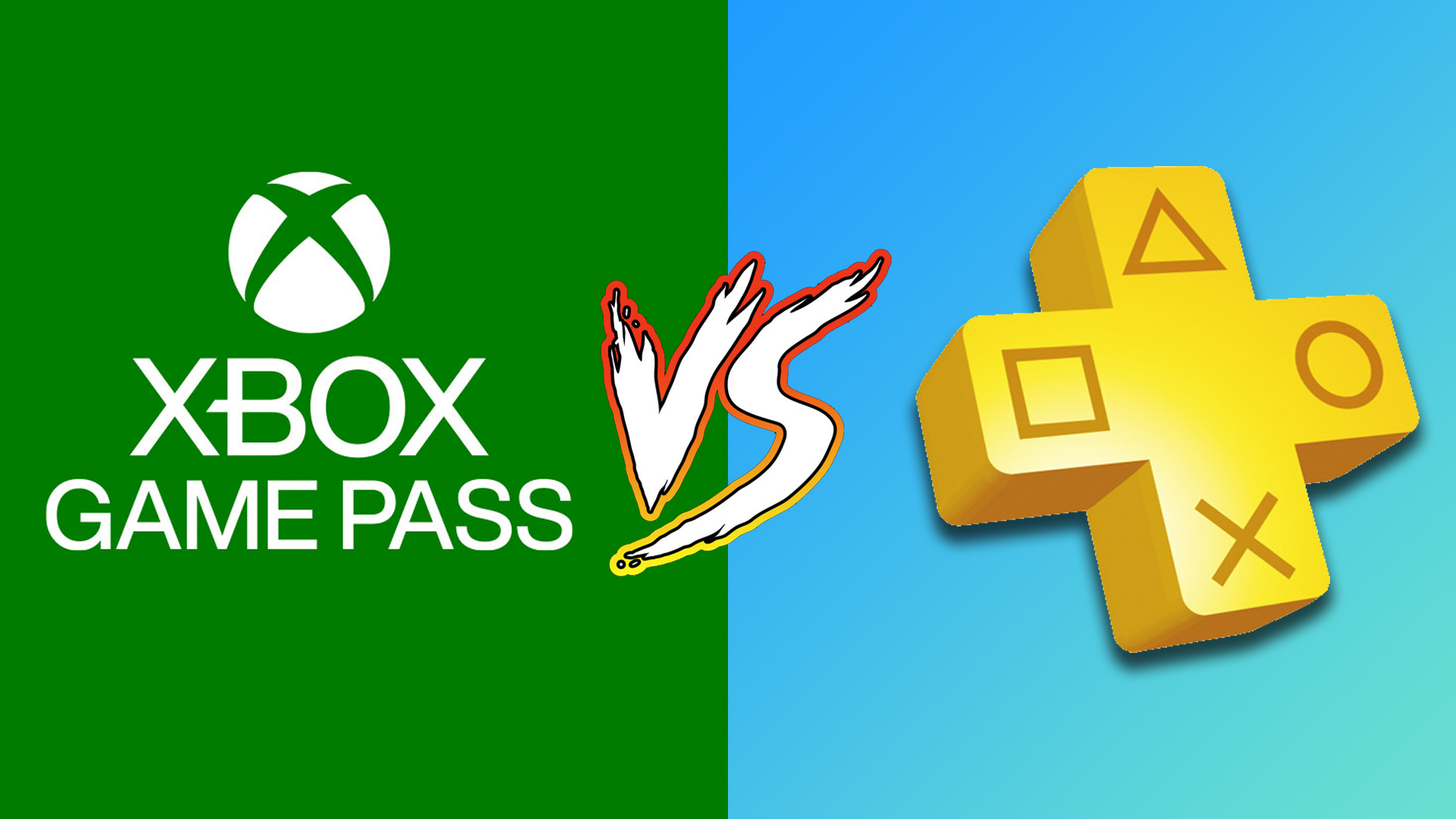
Sign up to receive The Snapshot, a free special dispatch from Laptop Mag, in your inbox.
You are now subscribed
Your newsletter sign-up was successful
Which is better: Xbox Game Pass or PlayStation Plus? The answer is a little more complicated than you may think, but we’ll try to answer it.
Xbox Game Pass and PlayStation Plus are the two biggest game subscription services on the planet, offering two different visions of what this generation of console gaming looks like. But which one reigns supreme? Let’s find out.
Before I begin, these are incredibly diverse services with different offerings, so while I do have a final ruling on a winner, both are great options with specific advantages.
I know this could start to offer bait to the whole garbage “Xbots vs. PS ponies” debate that just turns into Twitter abuse, and if you are one of those people, you should seriously reevaluate your life and be better.
Where to buy
Price
Xbox Game Pass has two tiers. Well, technically it has three, but since two of them are the same price, I’m combining them:
- Xbox Game Pass (Console or PC): $9.99/£7.99 per month
- Xbox Game Pass Ultimate (Console, PC and Cloud): $14.99/£10.99 per month
PS Plus has three tiers:
- Essential (same as the PS Plus of old): $9.99/£7.99 per month, $24.99/£19.99 per quarter, $59.99/£49.99 per year
- Extra (up to 400 PS5/PS4 games): $14.99/£10.99 per month, $39.99/£31.99 per quarter, $99.99/£83.99 per year
- Premium (all of the above + up to 340 classic games): $17.99/£13.49 per month, $49.99/£39.99 per quarter, $119.99/£99.99 per year
This one’s a bit of a coin toss, based on what you want from the service. If you were to look at the lower tier, you can get the full Game Pass library for the same price as the standard PS Plus, but you don’t get access to console multiplayer on your Xbox.
Sign up to receive The Snapshot, a free special dispatch from Laptop Mag, in your inbox.
However, while the pricing structure is simpler for Game Pass, I do enjoy having the option to pay annually for PS Plus and save myself some money in the process.
Winner: Draw
Games
The games on offer start to show the differing visions behind what each of these services are supposed to be. Yes, on the face of it, they are both catalogues of titles you can play, but there are some big differences.
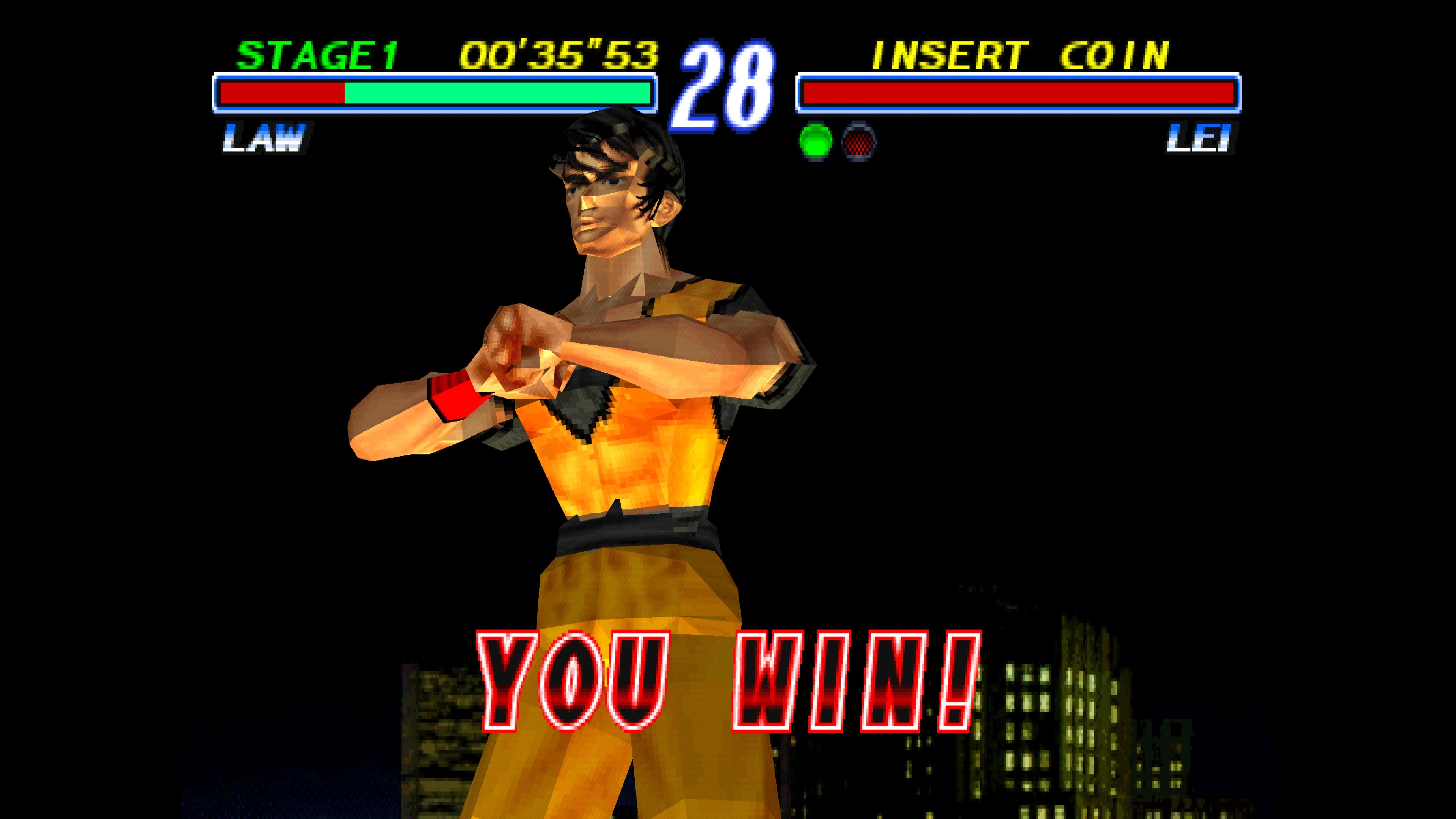
As I wrote about in my PS Plus Premium review, there is a massive library of games that span across the nearly 30-year history of PlayStation (the Extra tier gets you the PS5/PS4 games only).
With everything from Tekken 2 on PS1, Dark Cloud on PS2, Resistance: Fall of Man on PS3 and Returnal on PS5, the refreshed PS Plus is all about celebrating the past and giving people the chance to try games that may have passed them by at the time of launch.
It’s an admirable strategy and one that translates into a huge list of titles that may veer slightly into quantity over quality, but the amount of choice is warmly welcomed.

Xbox Game Pass takes a different approach — a slightly smaller list with just over 300 games (compared to the 700+ you can get on the PS Plus top tier), but the not-so-secret weapon is the fact that all of Xbox Game Studio’s big first-party exclusives launch day one on Game Pass.
That is a huge value-for-money proposition that PlayStation simply can’t compete with. No longer do you have to dump $60+ on the big AAA releases. You just get them on the first day and play them to your heart’s content.
Without getting too far into the economic and rights ownership debate of buying a game vs. playing it through a subscription service, it’s clear that Game Pass is a little more consumer friendly at this time. But PS Plus’ trip down memory is an absolute blast, so while Xbox gets this point, let it be known that both of these libraries are fantastic.
Winner: Xbox Game Pass
Cloud Gaming
PS Plus has a cloud element with the opportunity to save game progress online, stream select games either through your console or via a dedicated PC app, or access your console remotely to play.
Gameplay streaming performs well with only the slightest controller lag that may impact moments where millisecond-quick inputs matter, but 99% of the time, it’s an enjoyable, convenient experience.
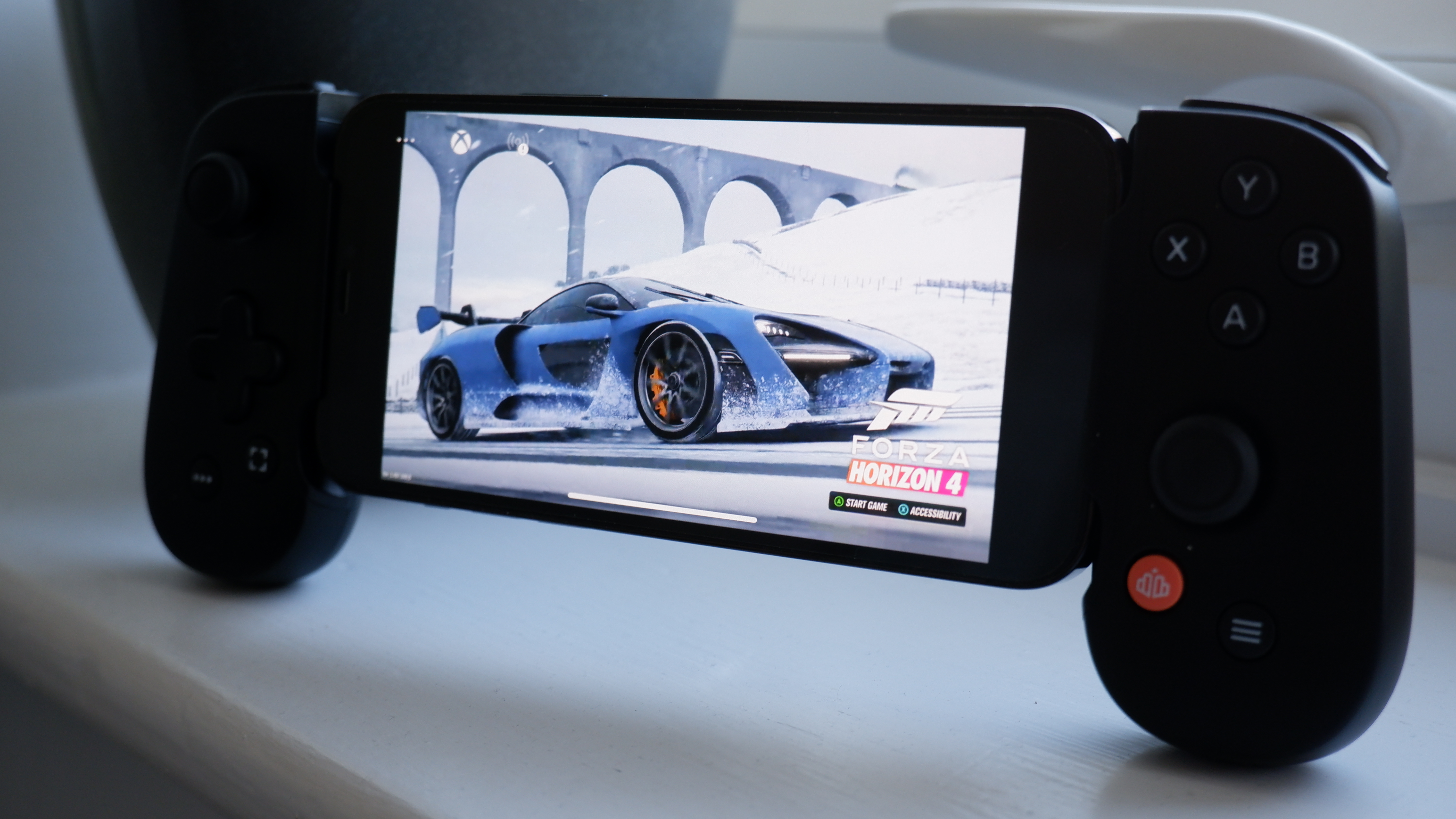
But, you know why I started this section with Sony. It’s because Microsoft’s cloud gaming efforts blow PlayStation out of the water. It does for one key reason: you can play literally anywhere.
With PS Plus, you’re limited to certain options. With Game Pass, however, you can play on your laptop, tablet or phone, thanks to dedicated Xbox Cloud Gaming apps or even through a browser. So long as you’re on a fast, stable internet connection, the experience is exactly the same on all of these devices.
This one (for now) is no contest.
Winner: Xbox Game Pass
The future

So, what does the future look like for these two platforms? The answer is clear for Xbox Game Pass: more big day one releases like Redfall and Starfield to add to its huge first-party catalogue, and an ever changing collection of third-party games.
For PlayStation Plus, the answer is a little more murky. You will never see a Sony first-party exclusive drop on launch day onto PS Plus, but when will we see them? A year after launch? Two years?

As we are seeing with Stray, we may get some other surprise third party (or maybe even first party) day one drops like this going forward. But since none of that is confirmed, the only thing I can say for sure is that more games will come to the service.
With a more uncertain answer like that, the future is looking clearer (and brighter) for Xbox Game Pass.
Winner: Xbox Game Pass
Overall winner: Xbox Game Pass
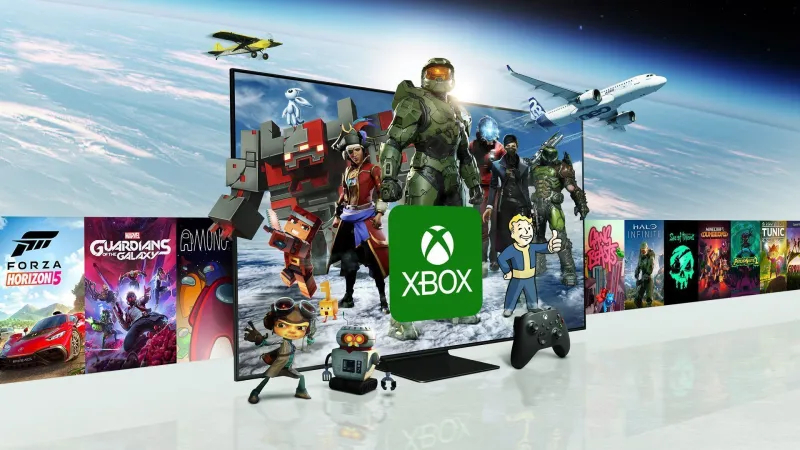
Comparing PS Plus and Xbox Game Pass sounds logical on paper, but it’s a lot more complicated than that. Each service is trying to do something very different.
PS Plus is a vast collection of games old and new, which gives you a chance to try any missed hits and reminisce about the classics from your childhood. On the other hand, Game Pass is a slightly smaller library with day one access to what is set to be a massive selection of first-party titles.
So, it ultimately comes down to what you want from a game subscription service. Personally, I prefer the improved value for money of Game Pass Ultimate. It is more established with better features, and the selection of games will only get better with all the new Xbox Game Studio titles.
But you will never see classics quite like those you see on PS Plus Premium. This, alongside the broader library, will get better with time. The fight has just begun, but Xbox has pulled out an early lead.

Jason brought a decade of tech and gaming journalism experience to his role as a writer at Laptop Mag, and he is now the Managing Editor of Computing at Tom's Guide. He takes a particular interest in writing articles and creating videos about laptops, headphones and games. He has previously written for Kotaku, Stuff and BBC Science Focus. In his spare time, you'll find Jason looking for good dogs to pet or thinking about eating pizza if he isn't already.

